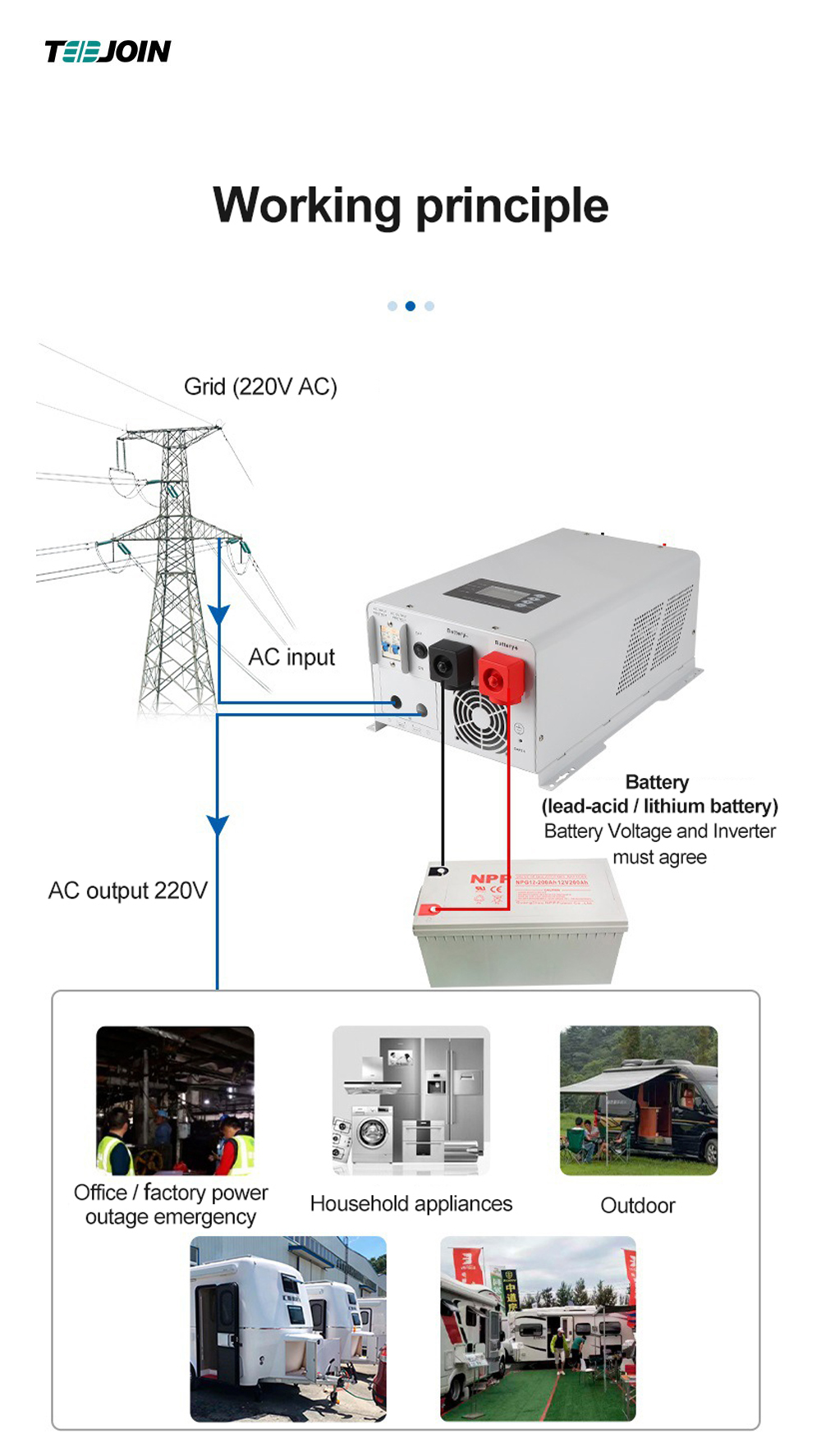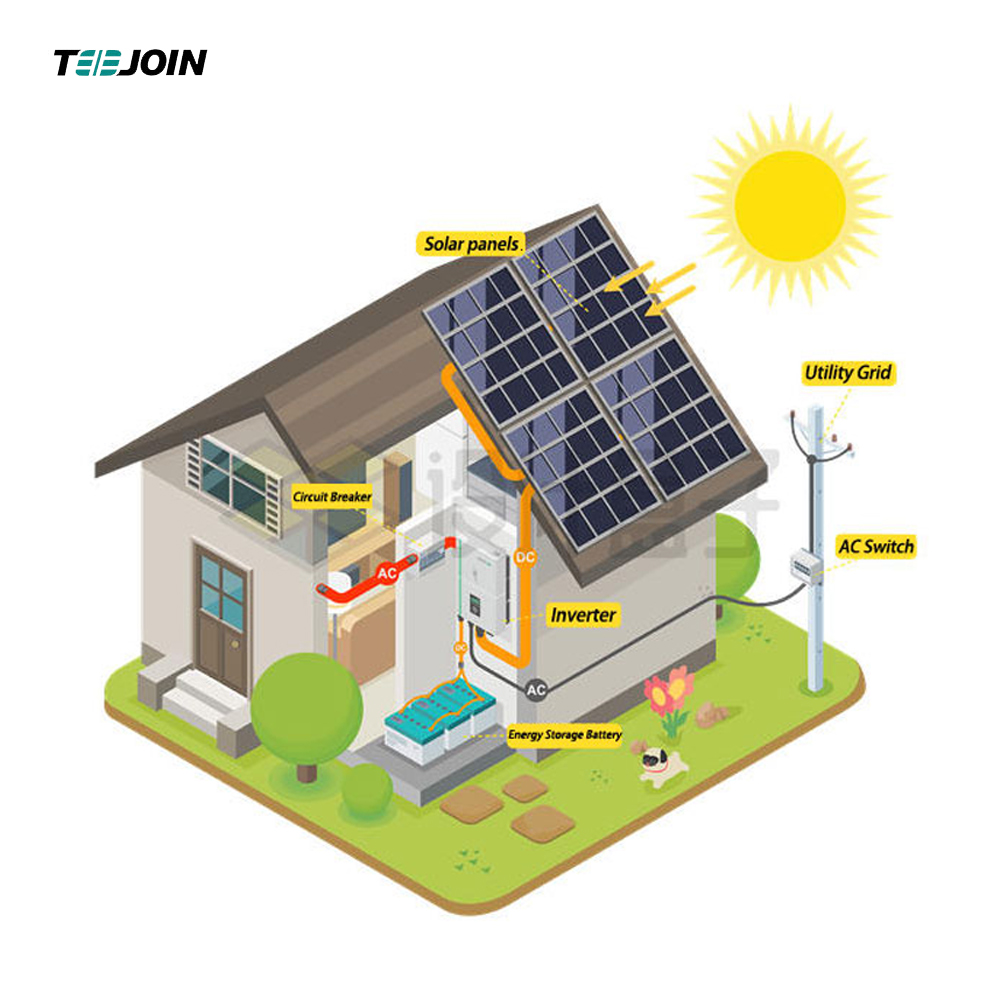The minefield to be aware of when buying a home PV inverter
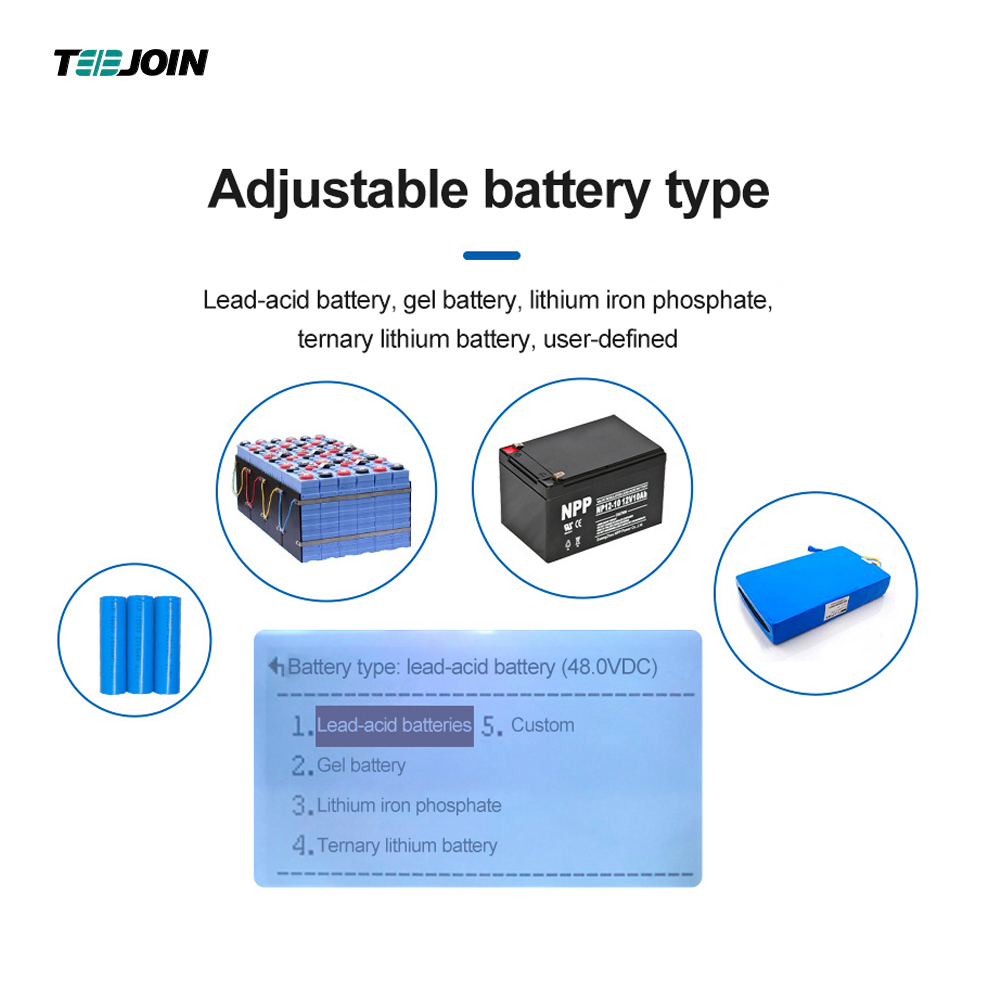
As the world shifts towards sustainable energy sources, more and more people are turning to solar power as a viable alternative to traditional power sources. This has led to an increased demand for photovoltaic (PV) inverters, which convert the direct current (DC) produced by solar panels into alternating current (AC) that can be used in homes and businesses.
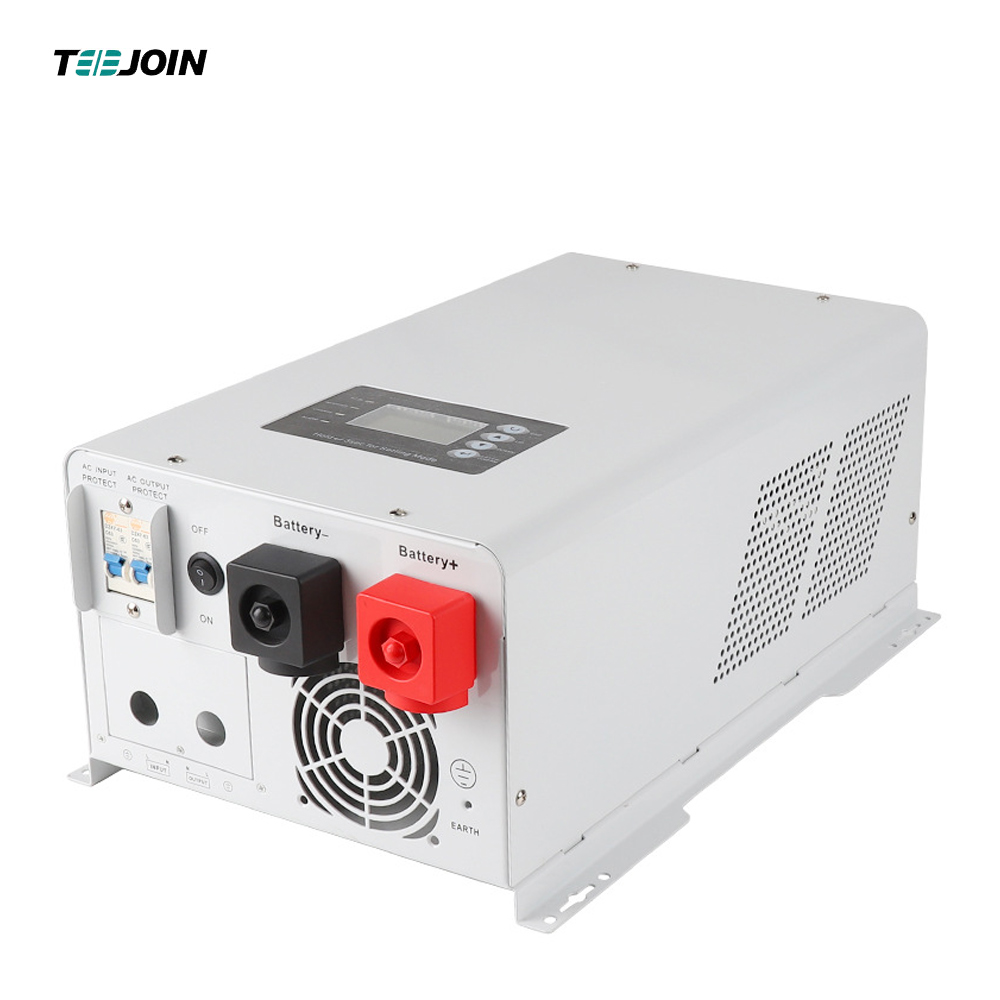
However, purchasing a home PV inverter can be a minefield, especially for those who are new to the world of solar power. There are many factors to consider when choosing an inverter, and making the wrong choice can result in reduced efficiency, increased costs, and even safety hazards.
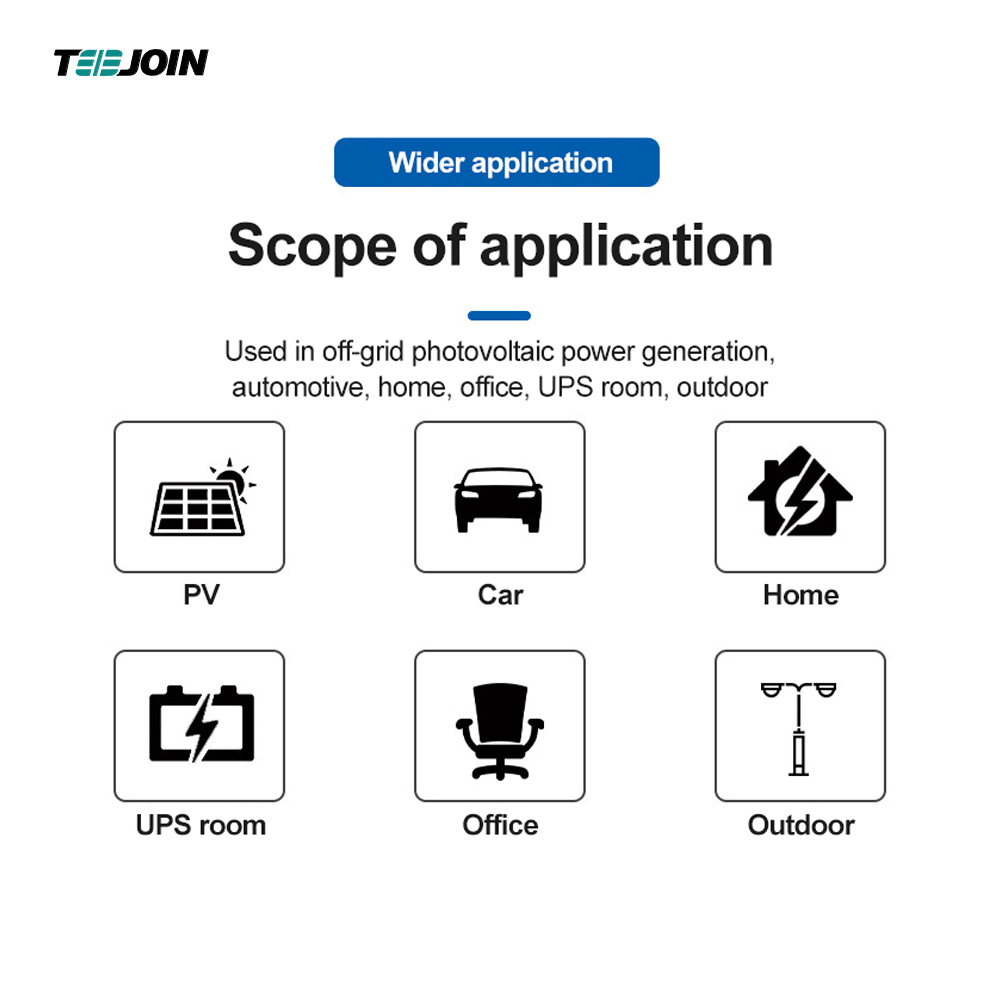
Here are some key factors to pay attention to when purchasing home PV inverters:
Compatibility with solar panels: PV inverters are designed to work with specific types of solar panels, so it's important to ensure that the inverter you choose is compatible with the panels you plan to use. Mismatched inverters can result in reduced efficiency and may even damage the panels.
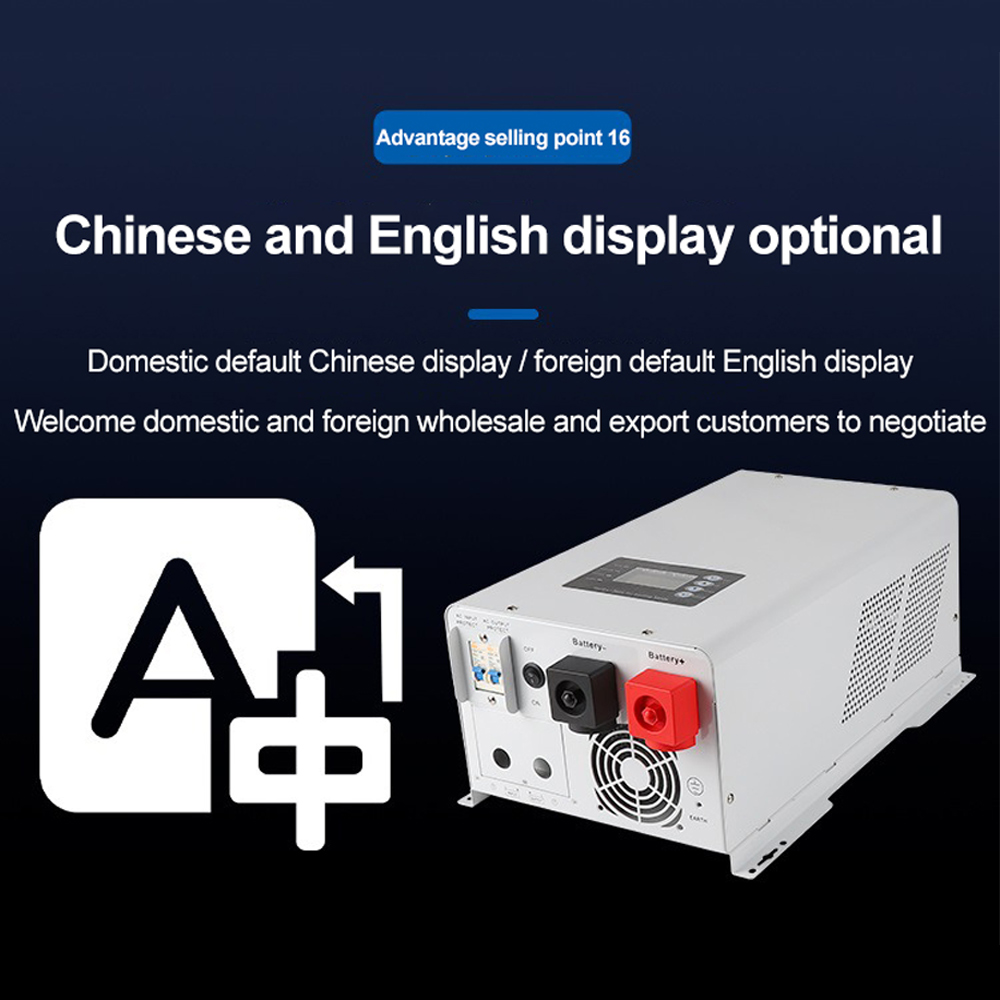
Capacity: The capacity of a PV inverter refers to the maximum amount of power it can convert. It's important to choose an inverter with a capacity that matches the size of your solar panel system. Choosing an inverter with a capacity that is too small can result in reduced efficiency, while choosing one that is too large can lead to higher costs.
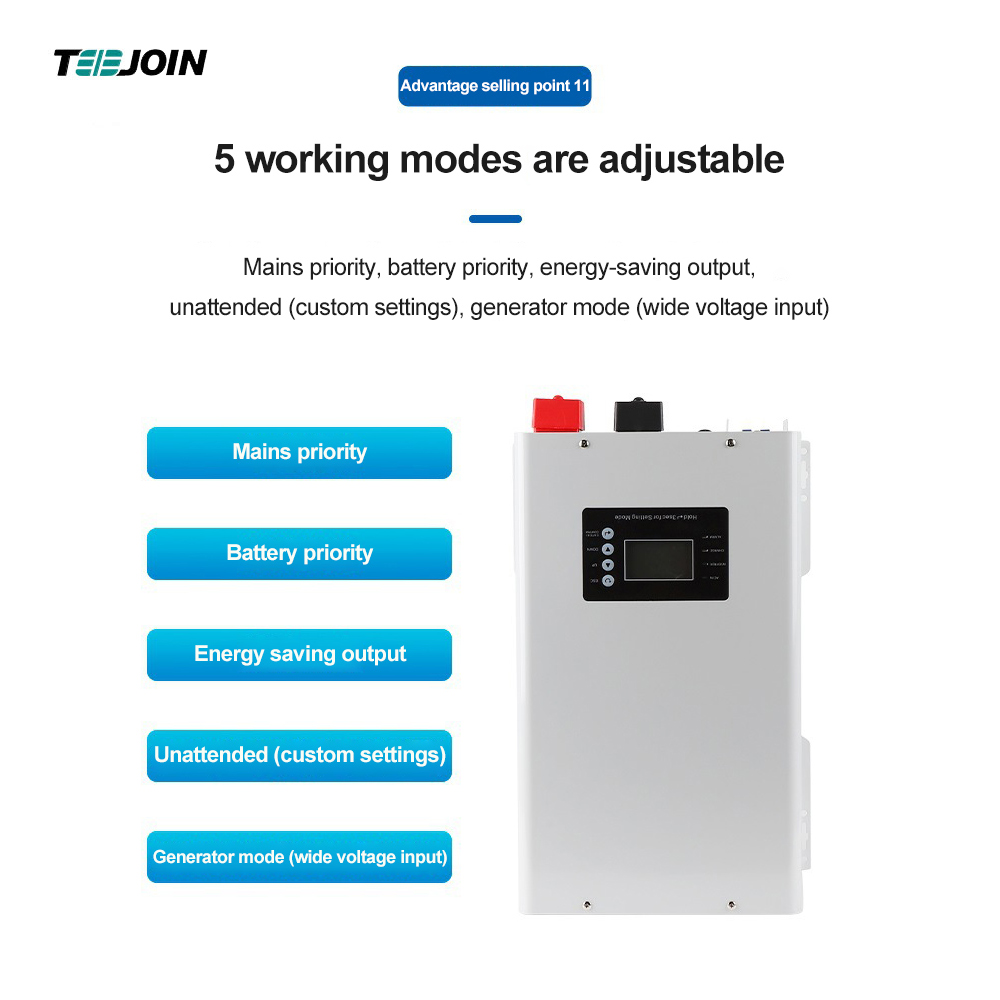
Efficiency: PV inverters come in different efficiency ratings, which indicate how much of the DC power produced by the solar panels can be converted into usable AC power. Higher efficiency inverters are generally more expensive, but they can result in greater overall savings over time.
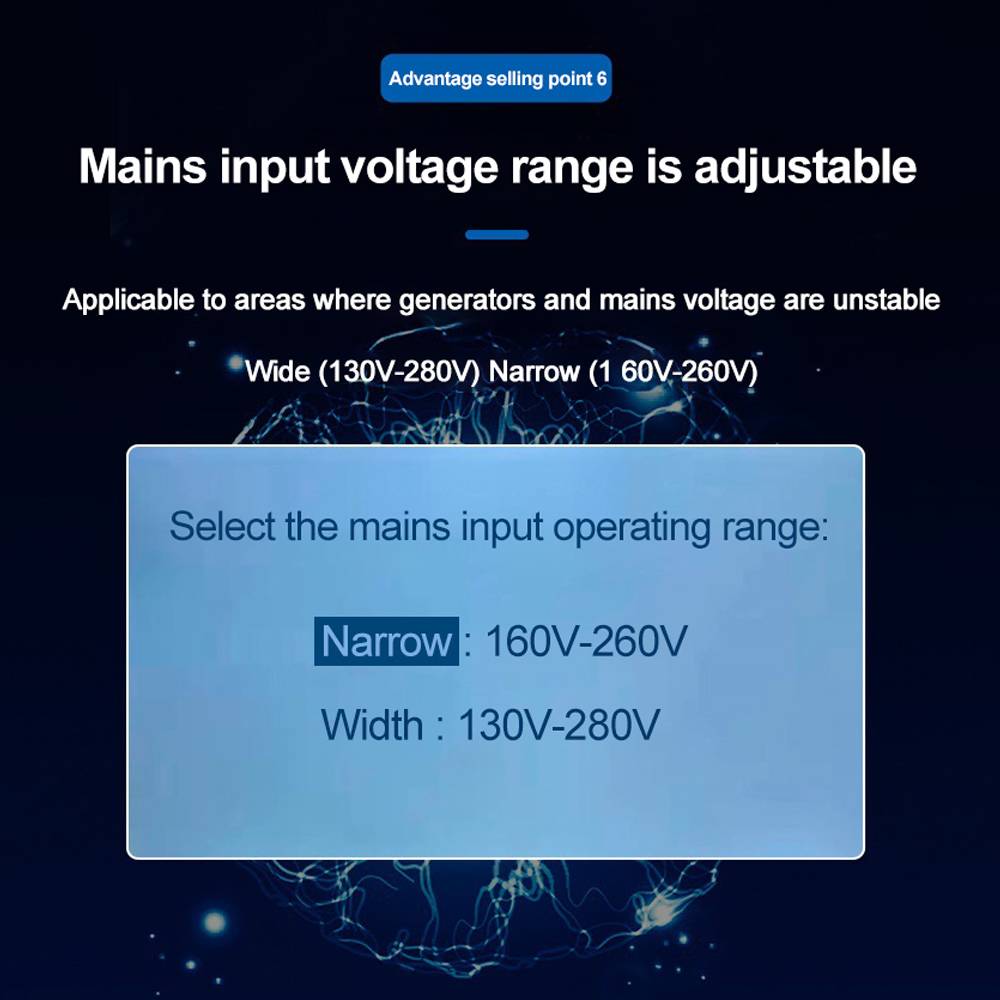
Safety features: PV inverters can pose safety hazards if not installed and used properly. Look for inverters that have built-in safety features, such as overload protection, overvoltage protection, and ground fault protection.
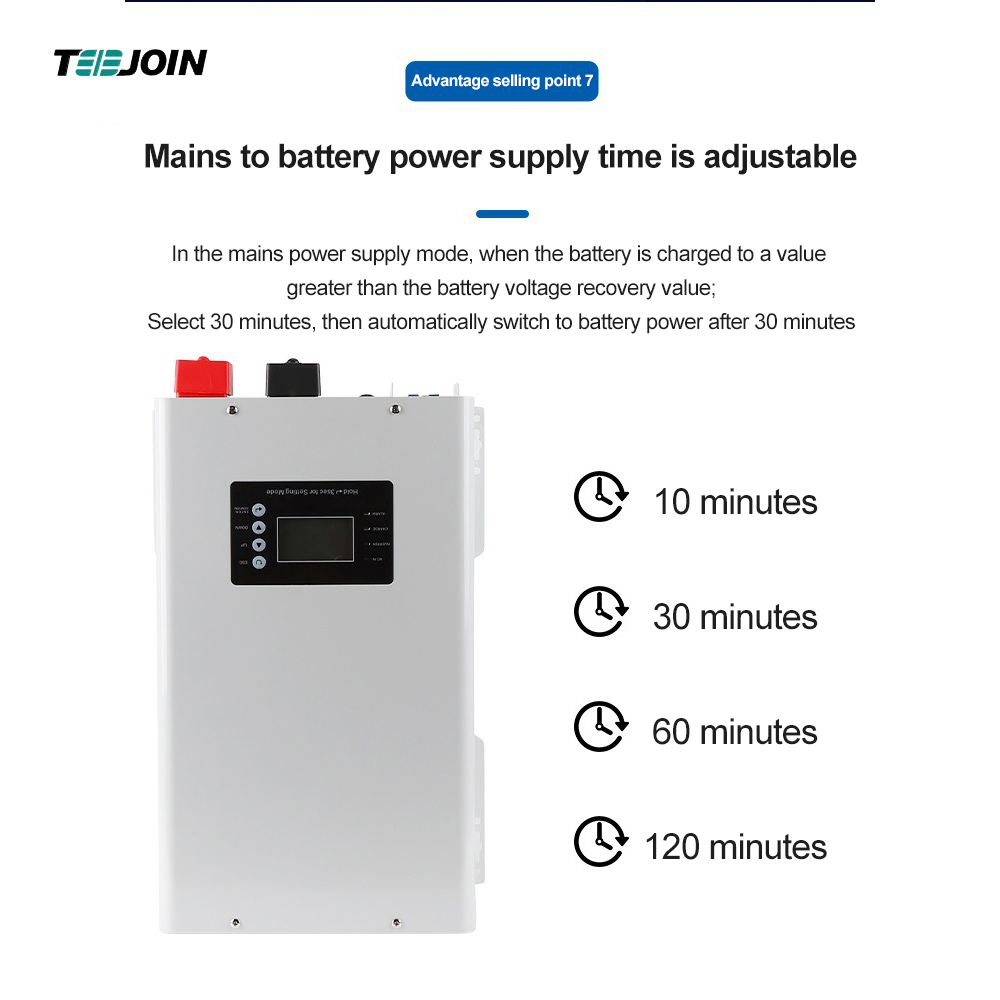
Warranty and support: Finally, it's important to choose a PV inverter from a reputable manufacturer that offers a solid warranty and reliable customer support. This can provide peace of mind and ensure that any issues that arise can be resolved quickly and efficiently.
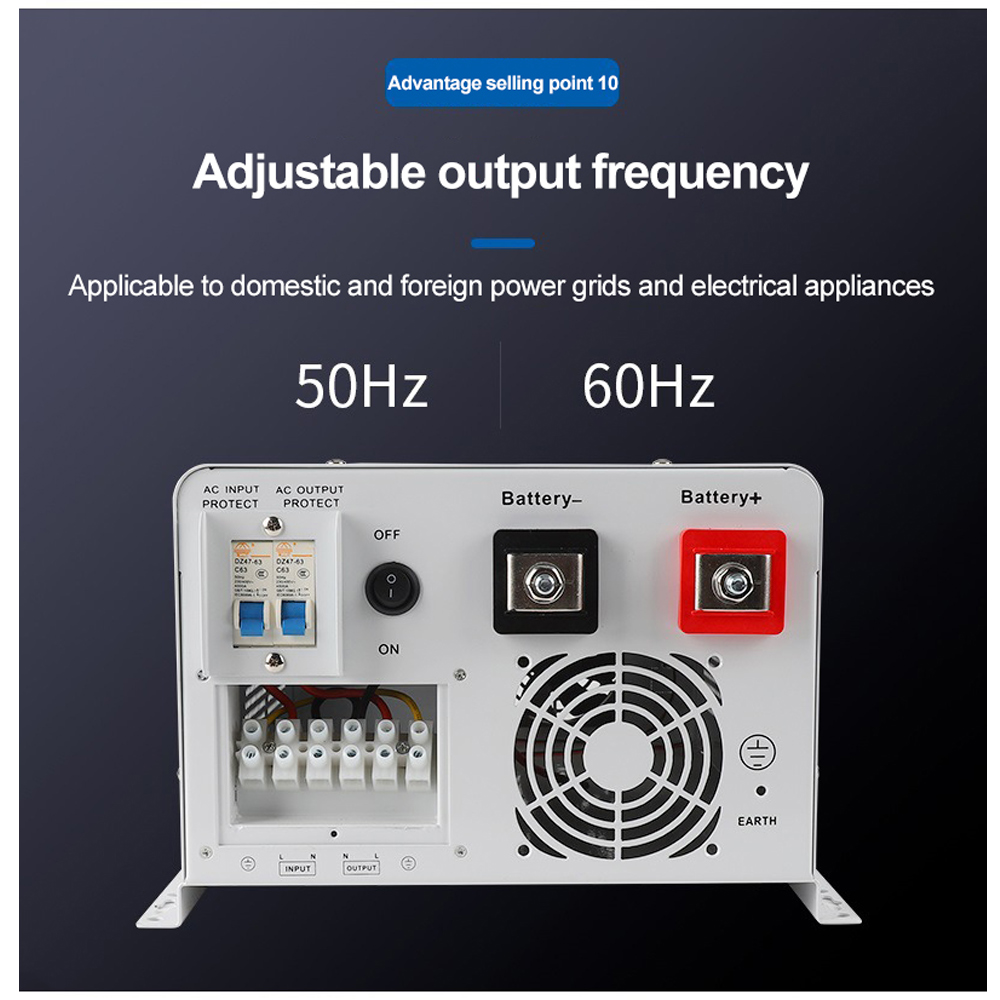
In conclusion, purchasing a home PV inverter requires careful consideration of many factors, including compatibility, capacity, efficiency, safety features, and warranty and support. By taking the time to do your research and choose wisely, you can ensure that your solar panel system operates efficiently, effectively, and safely for years to come.
